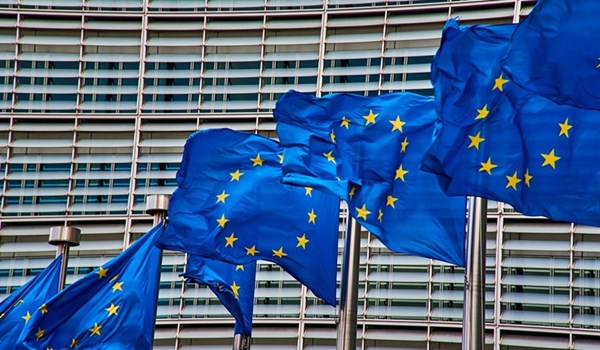
UK: HMRC ramps up efforts against wealthy tax evasion
HM Revenue & Customs’ tax unit, known for targeting the affluent, has more than doubled its revenue from wealthy individuals in a single year, amassing over £1.5 billion in 2023-24 amidst
The European Union said on Monday it was taking Britain to the bloc’s top court for infringing rules on the free movement of EU citizens and investment treaties.
The two cases brought before the European Court of Justice stem from before Brexit and the transition period that followed.
In the first case, the European Commission said it believed that “there were several shortcomings” in Britain’s implementation of treaties regulating free movement.
The commission said it decided to sue Britain “for failure to comply with EU law on free movement of EU citizens and their family members at the end of 2020”, during a transition period following Britain’s formal departure.
The EU also sued Britain for failing to terminate bilateral investment deals with six EU countries that the commission said overlapped and clashed with EU law.
The Labour government elected in Britain this year has sought to improve ties with Brussels after years of post-Brexit rancour under previous Conservative administrations.
A British government spokesperson noted the cases related to issues from when the UK was still in the EU and the transition period that followed, declining to comment further on legal proceedings.
“We remain focused on working to reset our relationship with the EU and to make Brexit work for the British people,” said the spokesman.
British Prime Minister Keir Starmer held talks with commission chief Ursula von der Leyen in Brussels in October, and this month finance minister Rachel Reeves became the first British chancellor since Brexit to attend a meeting of eurozone counterparts.
Starmer has been invited to join a gathering of the EU’s 27 leaders in February focused on defence cooperation, with a first EU-UK summit slated for early next year.
The post-Brexit rights case was initiated in May 2020, when the EU sent a letter of formal notice to Britain complaining that national legislation limited the scope of beneficiaries of EU free movement law.
Despite exchanges with London, the commission said that “several elements of the grievances remain unaddressed including on the rights of workers and the rights of extended family members” — warranting legal action.
Britain formally left the EU on January 31, 2020.
But under the “Withdrawal Agreement”, EU citizens and their family members who moved to Britain before the end of 2020 were granted broadly the same rights they had before Brexit.

HM Revenue & Customs’ tax unit, known for targeting the affluent, has more than doubled its revenue from wealthy individuals in a single year, amassing over £1.5 billion in 2023-24 amidst

Castries, Saint Lucia: In a historic move, the government of Saint Lucia has decided to sign the Memorandum of Agreement (MOA) which was already signed by other four CBI jurisdictions in OECS in March.

Germany has come out against France’s proposal to retaliate against US-imposed tariffs on the EU by imposing taxes on major American tech companies, highlighting the difficulty Europe faces in

Today, the EU Council approved an ECOFIN report on tax issues (the “Report”), according to which the European Council confirms discontinuation of work on the proposal for a Council Directive laying